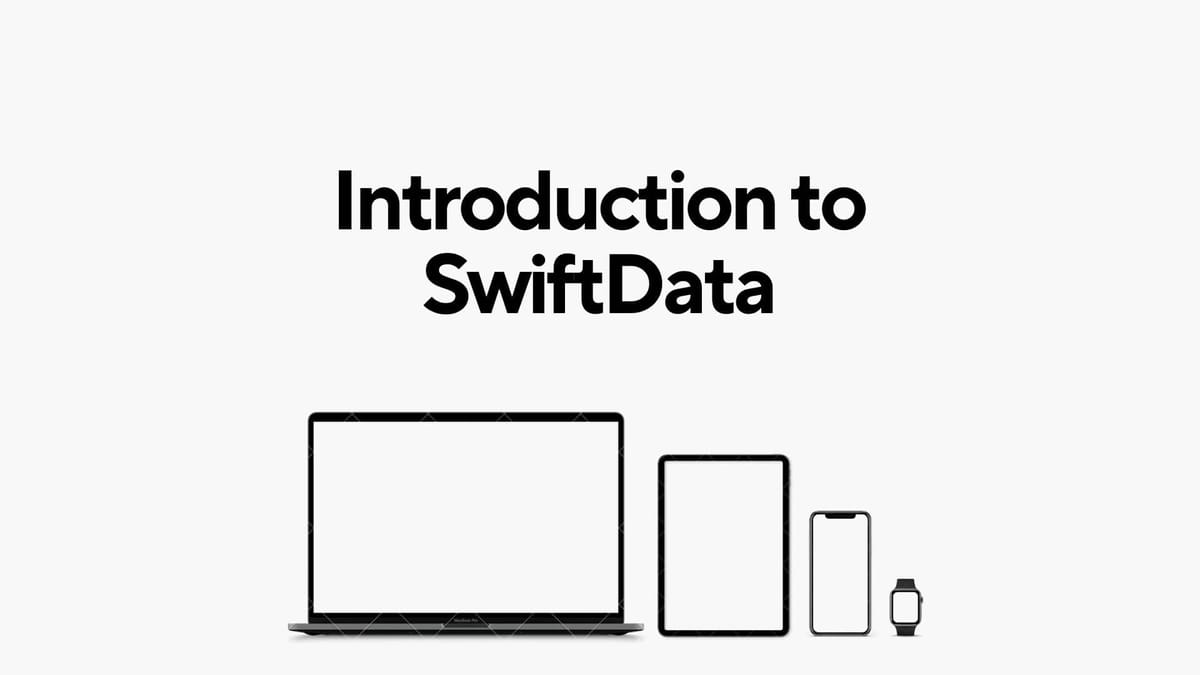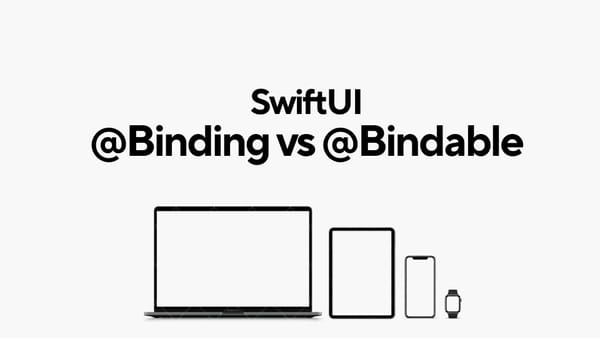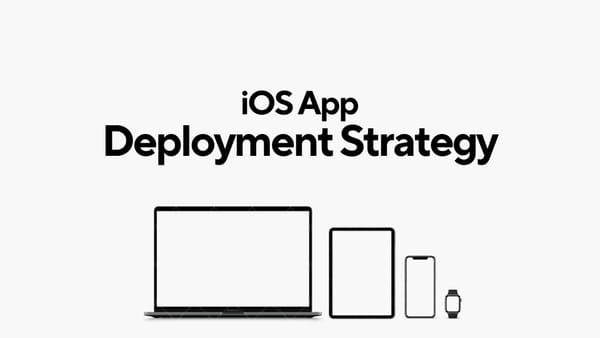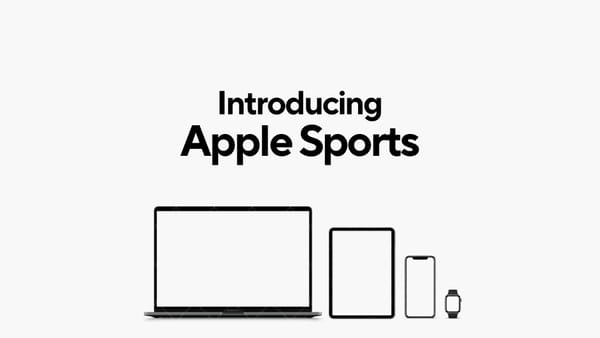Introduction to SwiftData: Data Management in Swift

In the realm of iOS and macOS app development, efficient data management is crucial. From storing user preferences to managing complex relational data, developers rely on frameworks and libraries to streamline these tasks. One such solution gaining traction in the Swift community is SwiftData. In this article, we'll explore SwiftData, its features, how it relates to CoreData, its compatibility with SwiftUI and iCloud, release information, future prospects, any known bugs, and recent news.
What is SwiftData?
SwiftData is an open-source framework developed in Swift that simplifies data management tasks for iOS, macOS, watchOS, and tvOS applications. It provides a modern, Swift-native approach to handling data persistence, making it easier for developers to manage their app's data models and interact with databases.
Features of SwiftData:
- Swift Native: SwiftData leverages Swift's syntax and features, making it feel like a natural extension of the language.
- ORM (Object-Relational Mapping): It offers a lightweight ORM framework, allowing developers to map objects to database entities effortlessly.
- Support for Multiple Data Stores: SwiftData supports various data stores, including SQLite, CoreData, and Realm, providing flexibility in choosing the right storage solution for the application's needs.
- Asynchronous Operations: It facilitates asynchronous data operations, ensuring smooth performance and responsiveness in UI-heavy applications.
- Type Safety: SwiftData promotes type safety, reducing the likelihood of runtime errors and improving code robustness.
How Does SwiftData Relate to CoreData?
CoreData is Apple's flagship framework for data management, offering powerful features for object graph management, persistence, and querying. SwiftData, while providing similar functionalities, takes a more lightweight and Swifty approach. It offers an alternative for developers who prefer a more straightforward, Swift-centric solution over CoreData's sometimes complex APIs.
While CoreData is deeply integrated into Apple's ecosystem and offers features like UI bindings and automatic schema migrations, SwiftData focuses on simplicity and flexibility. Developers can choose between the two based on their project requirements and familiarity with the frameworks.
SwiftData and SwiftUI:
SwiftData integrates seamlessly with SwiftUI, Apple's modern UI framework for building declarative user interfaces. SwiftUI's data-driven approach aligns well with SwiftData's philosophy of simplicity and type safety. Developers can use SwiftData to manage the application's data models and seamlessly bind them to SwiftUI views, enabling reactive UI updates based on changes to the underlying data.
SwiftData's asynchronous data operations complement SwiftUI's async-friendly architecture, ensuring smooth performance and responsiveness in SwiftUI-based applications.
SwiftData and iCloud:
SwiftData can work with iCloud to provide seamless data synchronization across devices. By leveraging iCloud's CloudKit framework, developers can store and sync data across users' devices securely. SwiftData's lightweight ORM framework simplifies the process of interfacing with CloudKit, making it easier for developers to integrate iCloud support into their applications.
Release Information:
- Initial Release: SwiftData was first introduced in early 2021, targeting Swift developers looking for a lightweight, Swifty alternative to CoreData.
- Latest Version: As of the latest available information, the current version of SwiftData is 1.0.2, released in September 2023.
- WWDC Presence: While SwiftData hasn't been featured in Apple's WWDC sessions, it has garnered attention within the Swift community through developer forums, GitHub repositories, and online discussions.
Future Prospects:
SwiftData's future looks promising, with ongoing development efforts aimed at enhancing its features, improving performance, and expanding compatibility with emerging Swift and Apple platform technologies. The framework's active community, regular updates, and responsive maintainers bode well for its continued growth and adoption.
Minimum Requirements:
- SwiftData is compatible with Swift 5.0 and later.
- It supports iOS 10.0 and later, macOS 10.12 and later, watchOS 3.0 and later, and tvOS 10.0 and later.
Known Bugs and News:
- Known Bugs: While SwiftData strives for stability and reliability, like any software project, it may encounter occasional bugs or issues. Developers are encouraged to report any bugs they encounter through the project's GitHub repository to facilitate timely resolution.
- Recent News: The SwiftData project recently announced plans for the upcoming 2.0 release, which will introduce enhanced concurrency support, improved error handling, and expanded documentation.
In conclusion, SwiftData offers a modern, lightweight solution for data management in Swift applications. Whether you're building a simple iOS app or a complex macOS application, SwiftData's Swifty APIs, seamless integration with SwiftUI and iCloud, and active community support make it a compelling choice for developers looking to simplify their data management workflows. With ongoing development efforts and a bright future ahead, SwiftData continues to be a valuable asset in the Swift developer toolkit.



